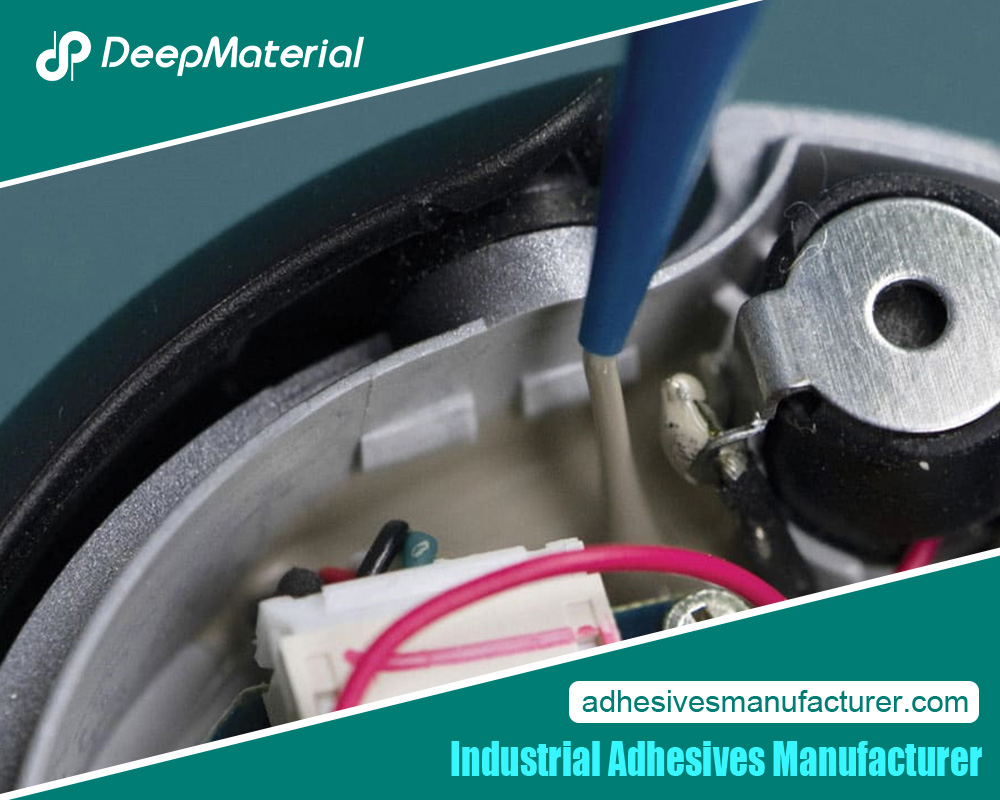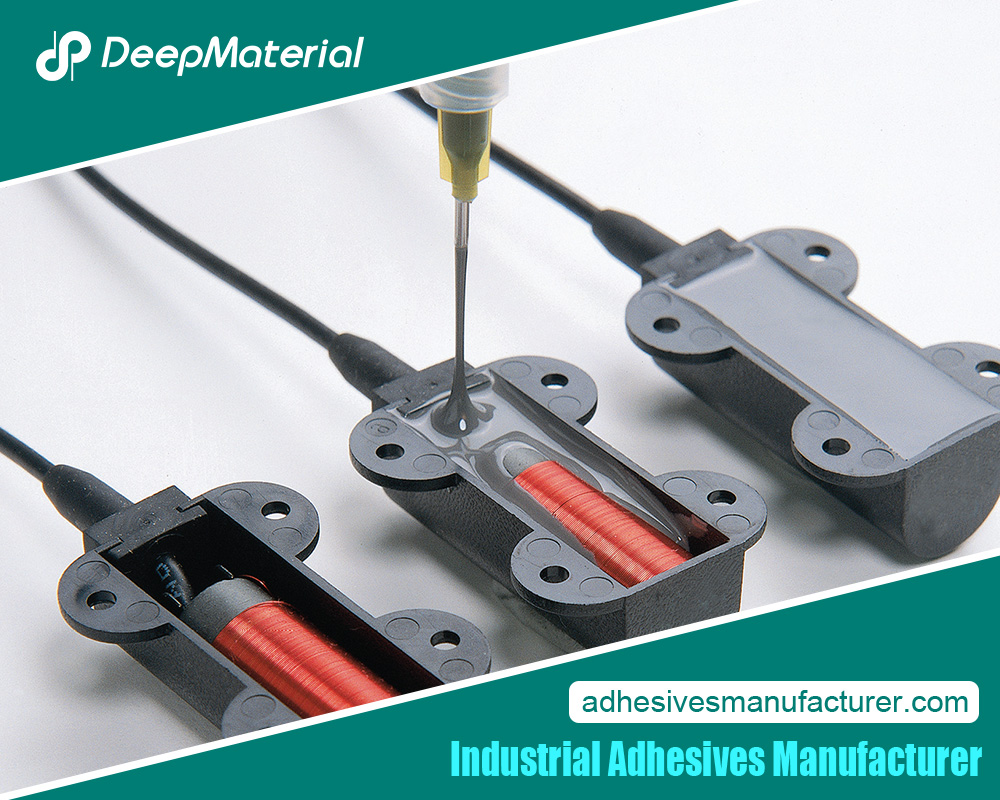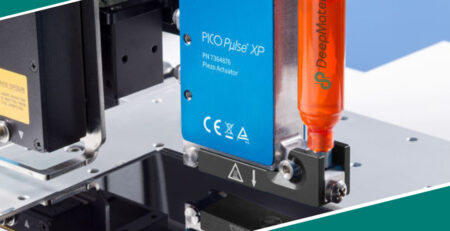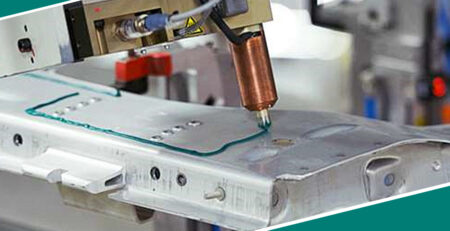The Artistry Behind Private Label Epoxy Manufacturers: Crafting Quality from the Shadows
The Artistry Behind Private Label Epoxy Manufacturers: Crafting Quality from the Shadows
In the bustling world of manufacturing, some artisans operate in the shadows, crafting quality products that bear the brand of others. Private label epoxy manufacturers are the silent architects behind many well-known epoxy brands, yet their artistry often remains concealed. This article peels back the layers to explore these manufacturers’ unique structure and creative process, shedding light on their contributions to the industry.
Understanding the Role of Private Label Epoxy Manufacturers
Private label manufacturing is the process of producing goods under another company’s brand. In the case of epoxy products, private label manufacturers specialize in producing epoxy resins, coatings, and adhesives for different industries. Here’s a look at the significance of private label epoxy manufacturers in various industries:
- Construction:Epoxy is widely used in the construction industry because of its adhesive properties. Private label manufacturers provide epoxy adhesives for bonding concrete, metal, and other materials, enhancing the durability of structures.
- Automotive:Epoxy coatings are utilized in the automotive industry for corrosion protection and aesthetic enhancement. Private label manufacturers produce epoxy coatings for automotive parts, ensuring high-quality finishes.
- Aerospace:Epoxy composites are crucial in aerospace applications due to their lightweight and high strength. Private label manufacturers supply epoxy materials used in aircraft components, contributing to the industry’s advancement.
- Electronics:Epoxy resins are used in electronics for encapsulation and insulation purposes. Private label manufacturers produce epoxy compounds that protect electronic components from moisture and mechanical stress.
- Marine:Epoxy coatings protect marine vessels from corrosion and water damage. Private label manufacturers supply epoxy coatings for ships and boats, extending their lifespan in harsh marine environments.
The Art of Formulation: Crafting the Perfect Blend
Formulation is a meticulous process that involves blending ingredients in precise proportions to achieve desired outcomes. Whether creating cosmetics, pharmaceuticals, or industrial products, the art lies in balancing ingredients for optimal performance and customizing formulations to meet client specifications.
- Balancing Ingredients:Formulators must carefully balance ingredients to ensure the final product meets performance requirements. It involves understanding the properties of each ingredient and how they interact with one another. For example, balancing emollients, surfactants, and thickeners is crucial for creating a stable and effective product in cosmetics.
- Optimal Performance:The goal of formulation is to create a product that effectively performs its intended function. Adjusting ingredient concentrations, pH levels, or other factors may be necessary to achieve the desired performance characteristics. For instance, in pharmaceuticals, formulators must ensure that the active ingredients are in the right concentration to be effective without causing adverse effects.
- Customization:Clients often have specific product requirements, such as texture, fragrance, or shelf life. Formulators must customize formulations to meet these specifications while maintaining product integrity. It may involve substituting ingredients, adjusting processing methods, or adding specific additives to achieve the desired result.
Precision in Production: From Concept to Creation
From the initial concept to the final creation, every step in the manufacturing process plays a vital role in ensuring the quality of the end product. Two key factors contributing significantly to achieving precision in production are utilizing state-of-the-art manufacturing facilities and implementing rigorous quality control measures.
Utilizing State-of-the-Art Manufacturing Facilities
- State-of-the-art manufacturing facilities are equipped with the latest technologies and machinery, enabling manufacturers to produce high-quality products efficiently and accurately.
- Advanced equipment such as CNC machines, 3D printers, and robotic assembly lines improve precision and reduce the production error margin.
- These facilities allow for the customization of products to meet specific customer requirements, ensuring that each product is tailored to perfection.
Implementing Rigorous Quality Control Measures
- Quality control measures are essential for identifying and correcting defects or imperfections in production.
- Regular inspections and tests are conducted at various stages of production to maintain consistency and ensure that all products meet quality standards.
- Any deviations from the set quality parameters are immediately addressed to prevent defective products from reaching the market.
Flexibility and Adaptability: Meeting Diverse Market Needs
Flexibility and adaptability are crucial to meeting diverse market needs in the ever-changing business landscape. Companies catering to various industries and responding to evolving market trends and consumer demands are more likely to succeed in today’s competitive environment.
Catering to a Wide Range of Industries
- Flexible and adaptable companies can quickly pivot their products or services to cater to different industries.
- By understanding each industry’s unique needs and challenges, businesses can tailor their offerings to provide maximum value.
Responding to Evolving Market Trends and Consumer Demands
- Flexibility allows companies to quickly respond to changing market trends and consumer preferences.
- Adaptable businesses can easily modify their products or services to meet the evolving needs of consumers, ensuring continued relevance and customer satisfaction.
Uncovering Innovation: The Secret Ingredients of Success
Collaboration and Partnership: Building Strong Relationships
Collaboration and partnership have become essential for success in today’s competitive business landscape. Companies can foster long-term partnerships that lead to mutual growth by establishing client trust and transparency. Here’s how:
- Establishing Trust:Building trust with clients is crucial. Communication transparency, delivering on promises, and reliability are critical factors in establishing trust.
- Transparency:Transparency involves being open and honest in all interactions. It includes sharing information about processes, pricing, and challenges.
- Long-Term Partnerships:Instead of focusing on short-term gains, aim to build long-term relationships. It involves understanding the client’s needs and working together to achieve common goals.
- Mutual Growth:Collaboration should benefit both parties. Look for ways to add value to the partnership and help each other grow and succeed.
Research and Development: Pioneering New Frontiers
In today’s rapidly evolving world, staying ahead requires more than keeping up. Companies must innovate, push boundaries, and invest in research and development (R&D) to pioneer new frontiers. The importance of epoxy applications is particularly evident in the construction, electronics, and automotive industries.
Investing in Innovation and Technology
- Companies that invest in R&D are better positioned to develop cutting-edge products and services.
- Innovation drives competitiveness and opens new market opportunities.
- Technology advancements can lead to more efficient processes and cost savings.
Pushing the Boundaries of Epoxy Applications Through Research
- R&D helps discover new ways to improve epoxy’s strength, durability, and versatility.
- Researchers are exploring eco-friendly alternatives to traditional epoxy materials.
- Advancements in epoxy technology can lead to breakthroughs in various industries, from aerospace to healthcare.
Sustainability and Responsibility: Crafting a Better Future
Businesses increasingly recognize the importance of sustainability and responsibility in crafting a better future. Embracing eco-friendly practices in manufacturing and promoting sustainable sourcing and production methods are vital to achieving this goal.
Embracing Eco-Friendly Practices in Manufacturing:
- Implementing energy-efficient technologies to reduce carbon footprint.
- Using recycled materials in production processes to minimize waste.
- Adopting green packaging solutions to reduce environmental impact.
Promoting Sustainable Sourcing and Production Methods:
- Partnering with suppliers who adhere to sustainable practices.
- Supporting local communities and economies through fair trade practices.
- Investing in renewable energy sources to power operations.
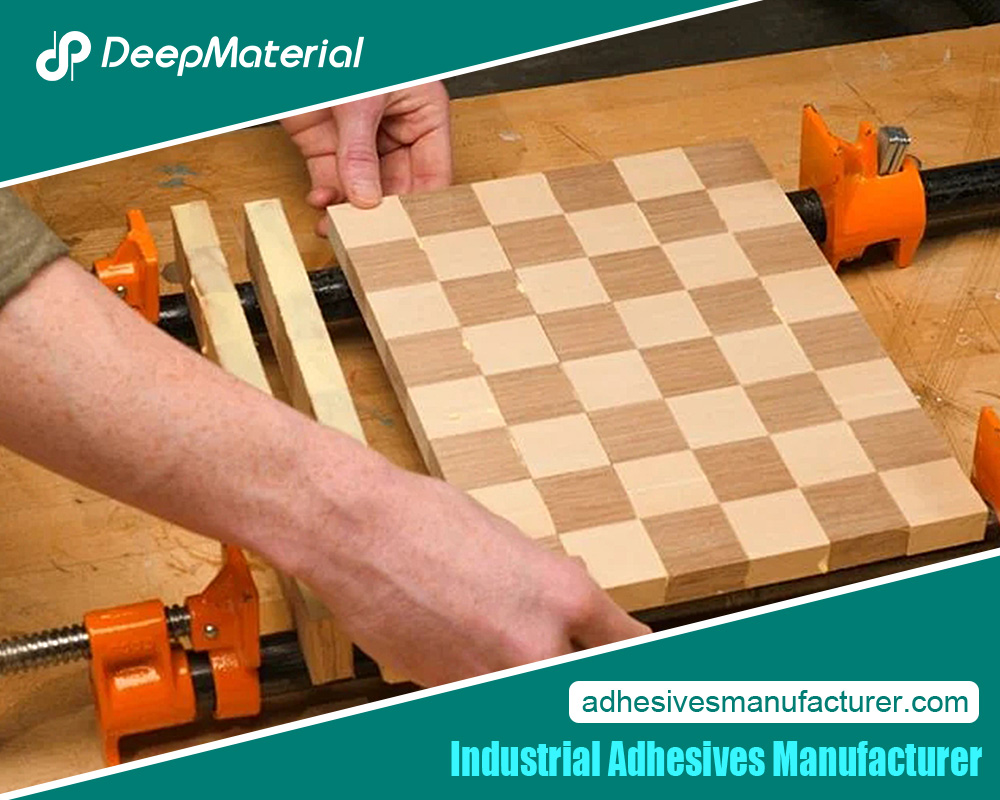 Conclusion
Conclusion
Private label epoxy manufacturers operate at the intersection of artistry and industry, weaving together creativity and precision to produce high-quality products that bear the imprint of their clients. Through collaboration, innovation, and a commitment to excellence, these manufacturers play a vital role in shaping the landscape of the epoxy market. As we spotlight their craft, let us acknowledge and appreciate the hidden artisans who bring quality from the shadows.
For more about the artistry behind private label epoxy manufacturers: crafting quality from the shadows, you can pay a visit to Deepmaterial at https://www.adhesivesmanufacturer.com/ for more info.

